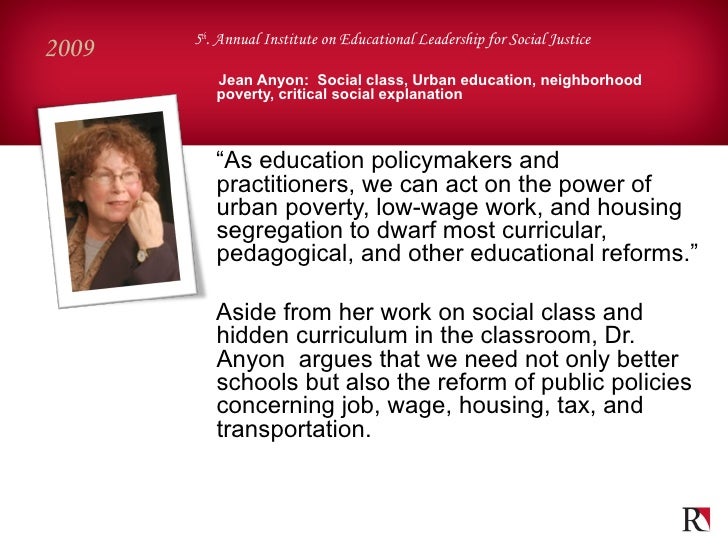Text: The Full Cost of Incarceration in the U. S.
Author: Matt Ferner

Ferner argues that the cost of incarceration in America is much higher than typically reported. He argues that the cost is inflated due to social costs on the incarcerated and their immediate families. We are faced with not only the 1 trillion dollars cost of incarceration but also the expense of the emotional and divisive cost to families, neighborhoods and societal infrastructure overall.
Talking Points:
1. The children of incarcerated parents are five times more likely to go to prison than their peers. They’re likely to suffer long-term emotional and behavioral challenges. They also have a greater chance of living in poverty or lack stability in their homes or end up becoming homeless themselves.
2. By locking up a young offender for even a few years, we destroy not only their economic and social opportunity, but we harm entire families and communities. Childhood is a time for growth through opportunities, health, and second chances. The criminal justice system impairs all of these, and at high societal costs. How can we support families of incarcerated individuals? How can we keep disadvantaged teens from entering into the judicial system? What can we do to break the cycle?
3. Policymakers need to reexamine long sentences, mandatory minimum sentences, and policies on enforcement of drug laws. I also think they need to take steps to improve prison conditions and programs to encourage successful reintegration of former prisoners when they are released.
Text: What "Counts" as Educational Policy? Notes towards a New Paradigm
Author: Jean Anyon

Jean Anyon argues that government and educational policies do not do enough for people in poorer communities and that the many urban school reforms implemented in the past hundred years have failed because they have not addressed this problem. Anyon argues that the definition of education policy should be expanded to include the consideration of economic policies. She states that the impact of economic policies, such as minimum wage laws, largely impact the experiences of urban students. Even small annual salary enhancements can have direct effects on the experiences of urban families living in poverty, and on the educational experiences of children in those families.
Talking Points:
1. Anyon included this alarming statistic in her article; “The graduation rates for large comprehensive schools in NYC, for example, only "10 percent to 20 percent of ninth graders in 1996 graduated four years later".
2. Education policy has not addressed the unemployment and joblessness of families who will have few if any resources for the further education of their children, even if they excel in K–12 classes. How do we address this so youth/teens are able to be successful and not fall into the judicial system.....ho do we get them to not become a negative statistic but a celebrated one?
3. Policies that worked against U.S. poverty in the past could be reinstated: U.S. government regulation of the minimum wage, federal support for union organizing; a federal program of job creation in cities and federal programs for urban youth that would support further education. These national policies were important supports of the widespread prosperity of the United States’ working and middle classes in the quarter century following 1945. If we know these policies were effective in the past, why can’t we revisit them to see how they might benefit individuals today.
No comments:
Post a Comment